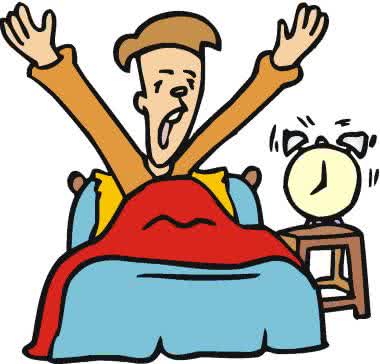Betekenis van het woord wake in het Nederlands
Wat betekent wake in het Engels? Ontdek de betekenis, uitspraak en specifiek gebruik van dit woord met Lingoland
wake
US /weɪk/
UK /weɪk/

Werkwoord
1.
wakker worden, wekken
emerge or cause to emerge from a state of sleep; stop sleeping
Voorbeeld:
•
I usually wake up at 7 AM.
Ik word meestal om 7 uur 's ochtends wakker.
•
The loud noise made me wake.
Het harde geluid deed me wakker worden.
Synoniem:
2.
kielzog, spoor
a track of disturbed water or air left by the passage of a boat or aircraft
Voorbeeld:
•
The boat left a long wake behind it.
De boot liet een lang kielzog achter zich.
•
We could see the plane's wake high in the sky.
We konden het condensspoor van het vliegtuig hoog in de lucht zien.
Synoniem:
3.
wake, rouwplechtigheid
a vigil held beside the body of someone who has died, sometimes with festivities
Voorbeeld:
•
They held a traditional Irish wake for their grandmother.
Ze hielden een traditionele Ierse wake voor hun grootmoeder.
•
The family gathered for the wake to honor the deceased.
De familie kwam samen voor de wake om de overledene te eren.
Zelfstandig Naamwoord
1.
wake, rouwplechtigheid
a vigil held beside the body of someone who has died, sometimes with festivities
Voorbeeld:
•
They held a traditional Irish wake for their grandmother.
Ze hielden een traditionele Ierse wake voor hun grootmoeder.
•
The family gathered for the wake to honor the deceased.
De familie kwam samen voor de wake om de overledene te eren.
2.
kielzog, spoor
a track of disturbed water or air left by the passage of a boat or aircraft
Voorbeeld:
•
The boat left a long wake behind it.
De boot liet een lang kielzog achter zich.
•
We could see the plane's wake high in the sky.
We konden het condensspoor van het vliegtuig hoog in de lucht zien.
Synoniem:
Leer dit woord op Lingoland
Gerelateerd Woord: